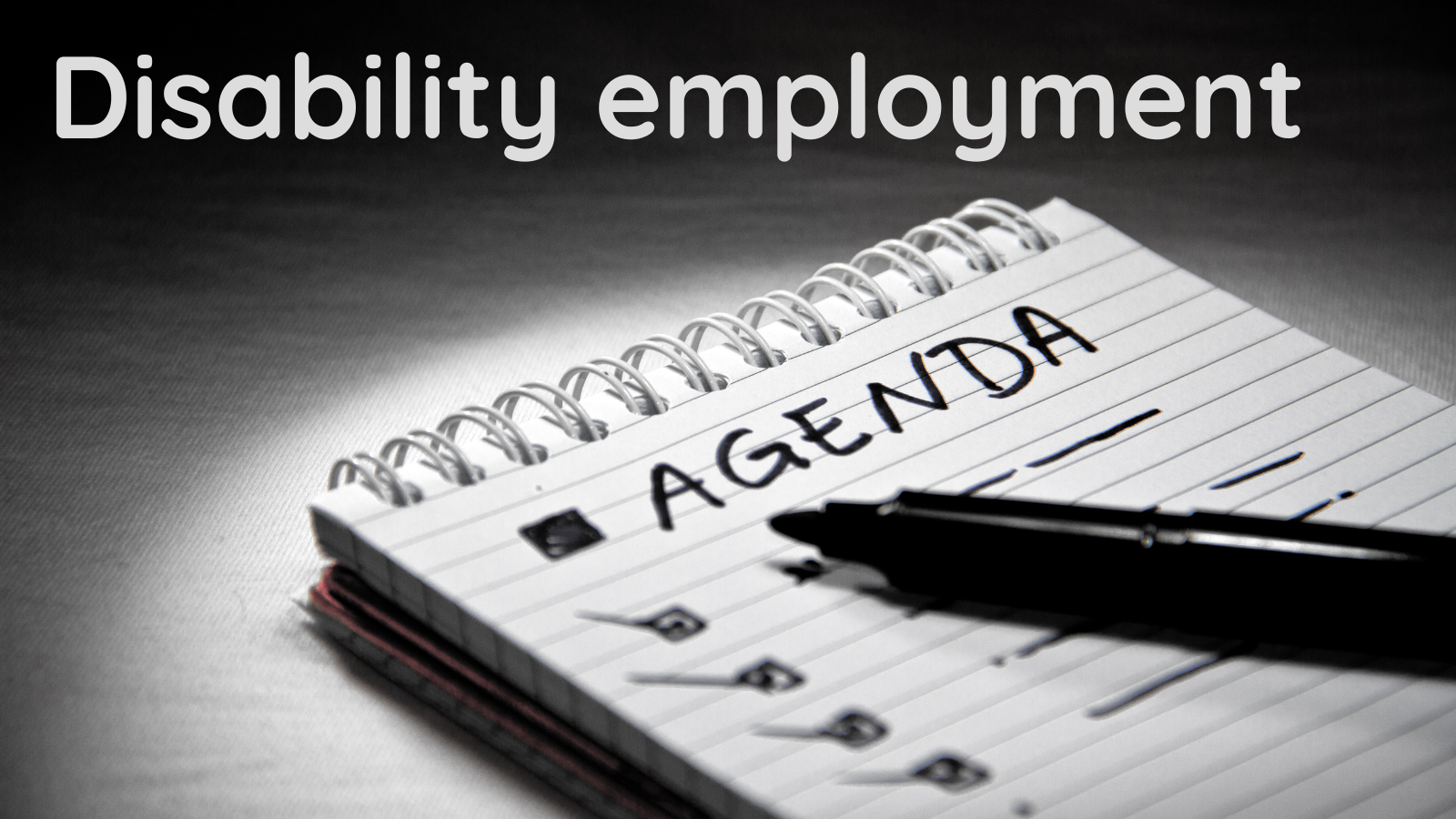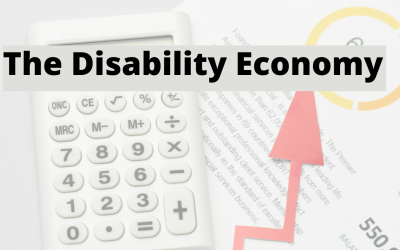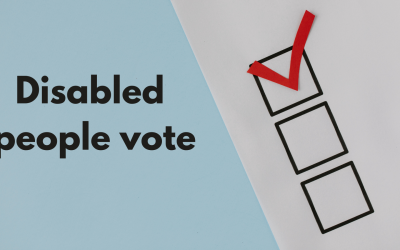The new Federal Government is holding a Disability Employment Roundtable this week, after having a Jobs and Skills forum with disabled people last week. So what should be on the agenda to get actual change for disabled people excluded from employment?
As always, employment isn’t for all disabled people. People who can’t work also deserve not to live in poverty, and to have the income support, healthcare, disability supports, housing and transport they need to have a decent life.
The final version of Australia’s Disability Strategy was released at the end of 2021, and was trumpeted by some as a success but it is a weak document with equally weak targets and outcomes. The associated targeted action plans, including for employment, are totally inadequate if we actually want change and don’t reflect the scale of the exclusion we face. The difference between the vision and hopes of disabled people, expressed so clearly in the first consultation report, and what we ended up with, is stark.
The employment targeted action plan, for example, has scooped up any employment initiative across states, territories and the federal public sector that remotely said disability on it, and chucked it in. So it is full of ‘will make a report’, ‘will do some research’, ‘might do a pilot’, ‘will consult with disabled people’ when we need nothing of the sort. We need employers to stop excluding us, to stop discriminating against us, to be forced to hire and accommodate us, to change all government barriers to work, including in income support, the list goes on. What we actually need is change, not more talk.
Earlier in the year, I worked with disabled people and families and staff at Inclusion Australia to develop a blueprint on how to fix employment for people with an intellectual disability. At every single stage of their lives, people with an intellectual disability and their families face very significant barriers to getting a job outside of a sheltered workshop. Every single one of these barriers is created by government and can be removed by government. The employment targeted action plan didn’t mention a single one of these, not one, even though they have been known for decades, and were talked about in the consultations to develop the Strategy.
Government controls all sorts of levers, such as funding for the NDIS and for the broken Disability Employment Service, and they could use those levers to insist that organisations that get money to deliver any kind of disability service hire disabled people, including people with an intellectual disability.
Disabled people often rely on a wide range of government services and know intimately how those services work, or don’t work. Before the election, I asked disabled and sick folks what they wanted governments to change, and they talked a lot about how important it is to make services less adversarial and to reduce the admin load, both of which is in control of the incoming government. They talked about more accessible and affordable housing, transport and healthcare. All in governments’ control.
I am sick of waiting, I am sick of pretence about change. I want actual change. I want an end to our community living in poverty. I want an end to disabled people being so poor. The exclusion of us from employment hasn’t changed in thirty years and no amount of ‘better attitudes’ or ‘confidence building’ is going to change it. Governments have the power to create change and to bake inclusion of disabled people into everything they do. This is how to change attitudes, not by some kind of ‘wishing and hoping’ awareness campaign.
So here are a few ideas to start with, in no particular order:
- Have disabled people at the main Jobs Summit.
- Insist that every organisation that gets a dollar from government employs at least 15% of disabled people, including people with an intellectual disability, and including in leadership. Cut their funding if they don’t.
- Fix the Disability Discrimination Act and resource the Human Rights Commission to actually deal with discrimination.
- Change the taper rates and earnings threshold for all income support so people can keep more of what they earn.
- End mutual obligations and punitive job agency regimes.
- Increase JobSeeker and Disability Support Pension.
- Make employers have to provide accommodations at work.
- Commit to paying disabled workers at least the minimum wage, including those who work in sheltered workshops.
- Create more jobs for people with an intellectual disability in open and self-employment.
- Employ disabled people in the government departments that make policy and decisions about us, including in leadership.
- Give the Disability Strategy some teeth, and resources to make them bite.
And to all those disability organisations who are led by non-disabled people and refuse to advocate and campaign for real change for our community, now is the time to walk the walk, not just talk the talk. Put a timeline on replacing yourself with a disabled person at the top and resource the new disabled CEO and leadership to act. Make sure disabled people exist at every level of your organisation and are safe and supported in their work. We can’t argue for inclusion when too many of our own organisations exclude disabled people.
[This is an edited part of one of my longer Patreon articles. Sign up now to get them first, and in full.]





